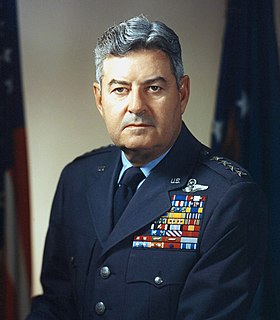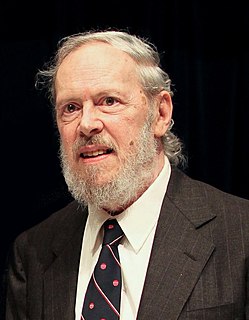A Quote by Peter Scott
I don't think they knew very much about the war in Korea at all.
Related Quotes
I think I sort of realized it was an international thing when we went to South Korea for The Fast [and the Furious] 6 premiere. We knew nothing about South Korea, and we came through the sliding doors [at the airport] with my luggage and there were like 60 fans with Luketeer banners: "We're your Korea Luketeers." It was like, wow, this is amazing.
We went over there and fought the war and eventually burned down every town in North Korea anyway, someway or another, and some in South Korea too. Over a period of three years or so, we killed off - what - twenty percent of the population of Korea as direct casualties of war, or from starvation and exposure?
One of the reasons it's important for me to write about war is I really think that the concept of war, the specifics of war, the nature of war, the ethical ambiguities of war, are introduced too late to children. I think they can hear them, understand them, know about them, at a much younger age without being scared to death by the stories.
The Philippines and the U.S. have had a strong relationship with each other for a very long time now. We have a shared history. We have shared values, democracy, freedom, and we have been in all the wars together in modern history, the World War, Second World War, Cold War, Vietnam, Korea, now the war on terrorism.
North Korea is no threat at all. I have already spoken about it during countless televised interviews. I visited North Korea and mingled with its people. There, nobody wants war. The North Korean people paid a terrible price for their independence. Its civilians were murdered mercilessly in tunnels by Western forces; its women were brutally raped, entire villages and towns leveled to the ground, or burned to ashes. All this is never discussed in the West, but is remembered in North Korea.
Our goal there, in my view, is to work and lean strongly on China to put as much pressure. China is one of the few major countries in the world that has significant support for North Korea, and I think we got to do everything we can to put pressure on China. I worry very much about an isolated, paranoid country with atomic bombs.
On both of my major trips to North Korea, the leaders of the country made it plain that they want to make progress towards doing away with nuclear weapons and towards ending the longstanding, official state of war which persists between North Korea and the United States and South Korea, a war which has continued since the ceasefire over fifty years ago. That sort of thing happens quite often when we meet with people who are kind of international outcasts with whom the government of the United States won't meet.








































